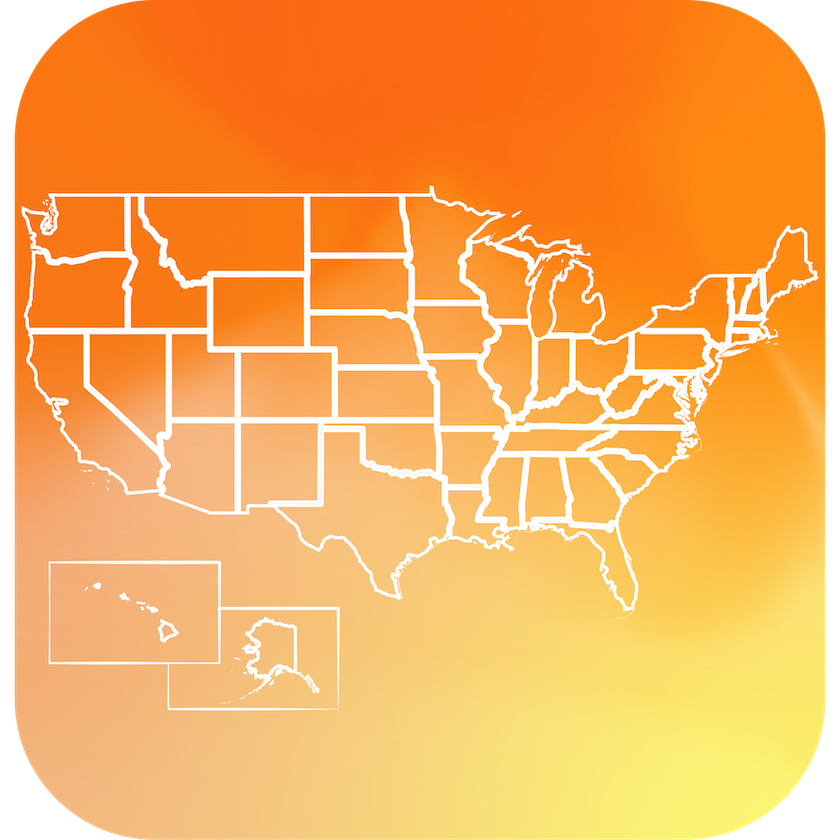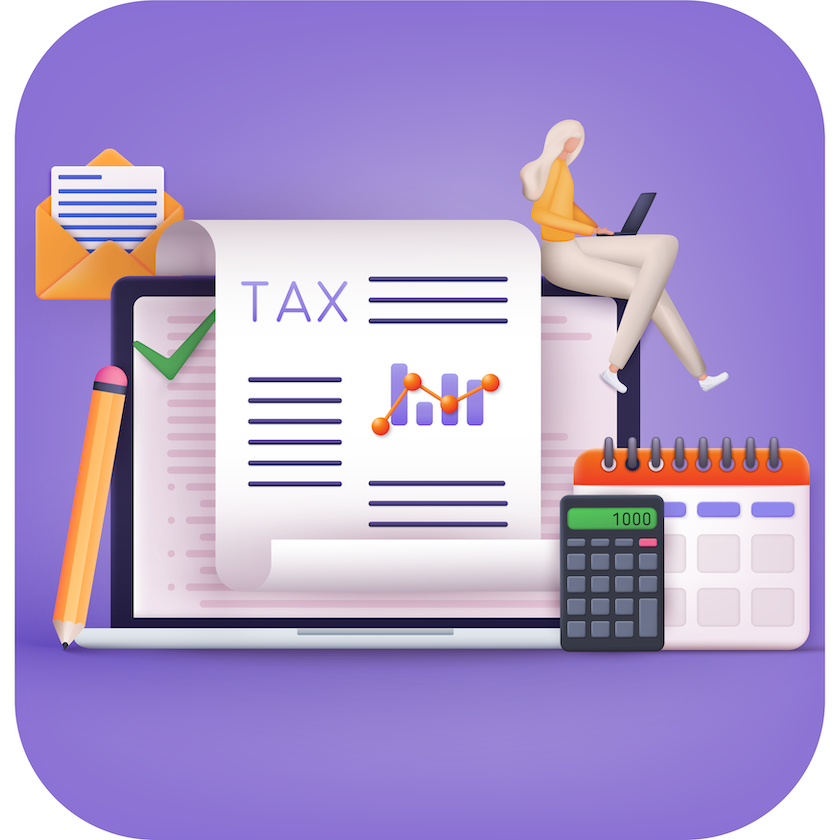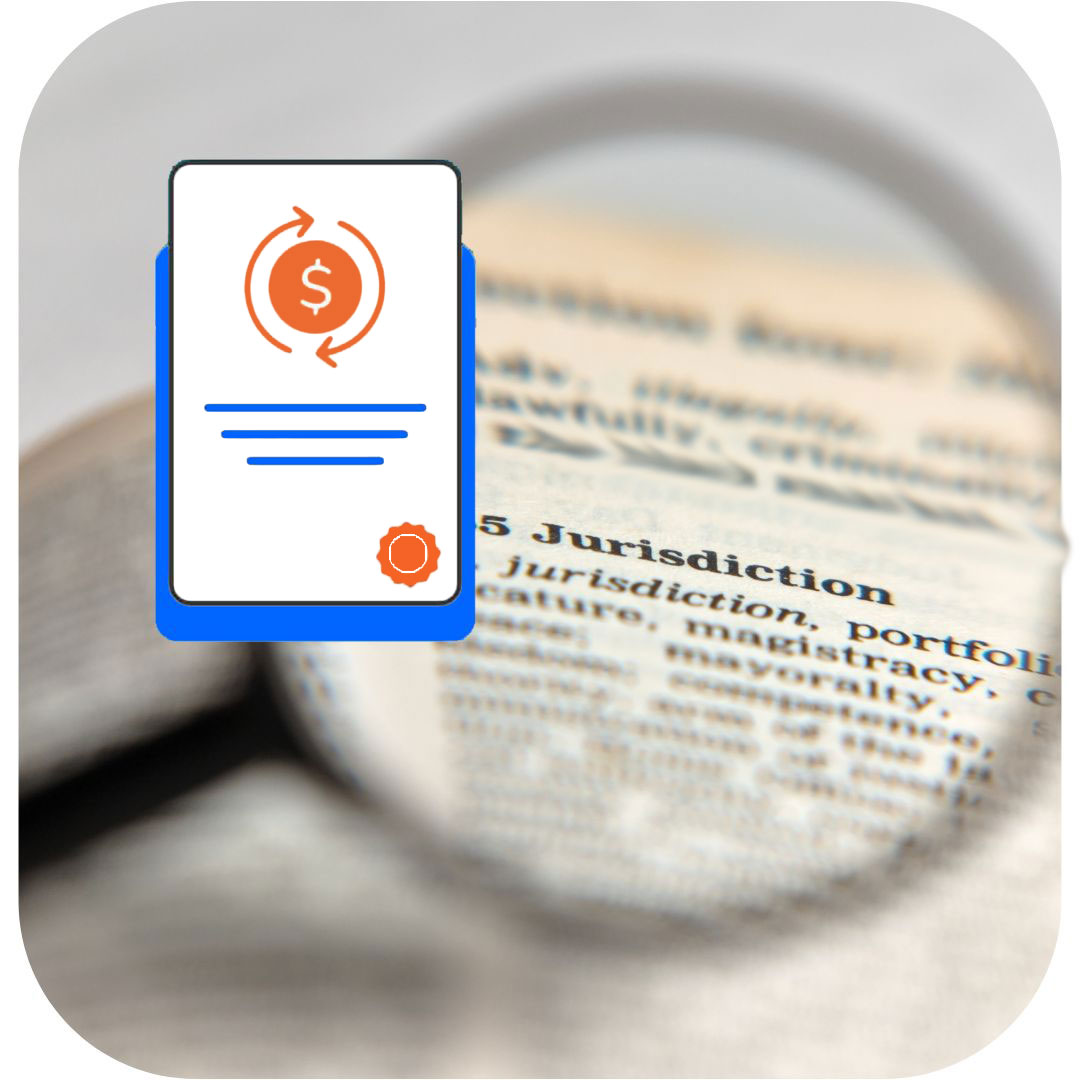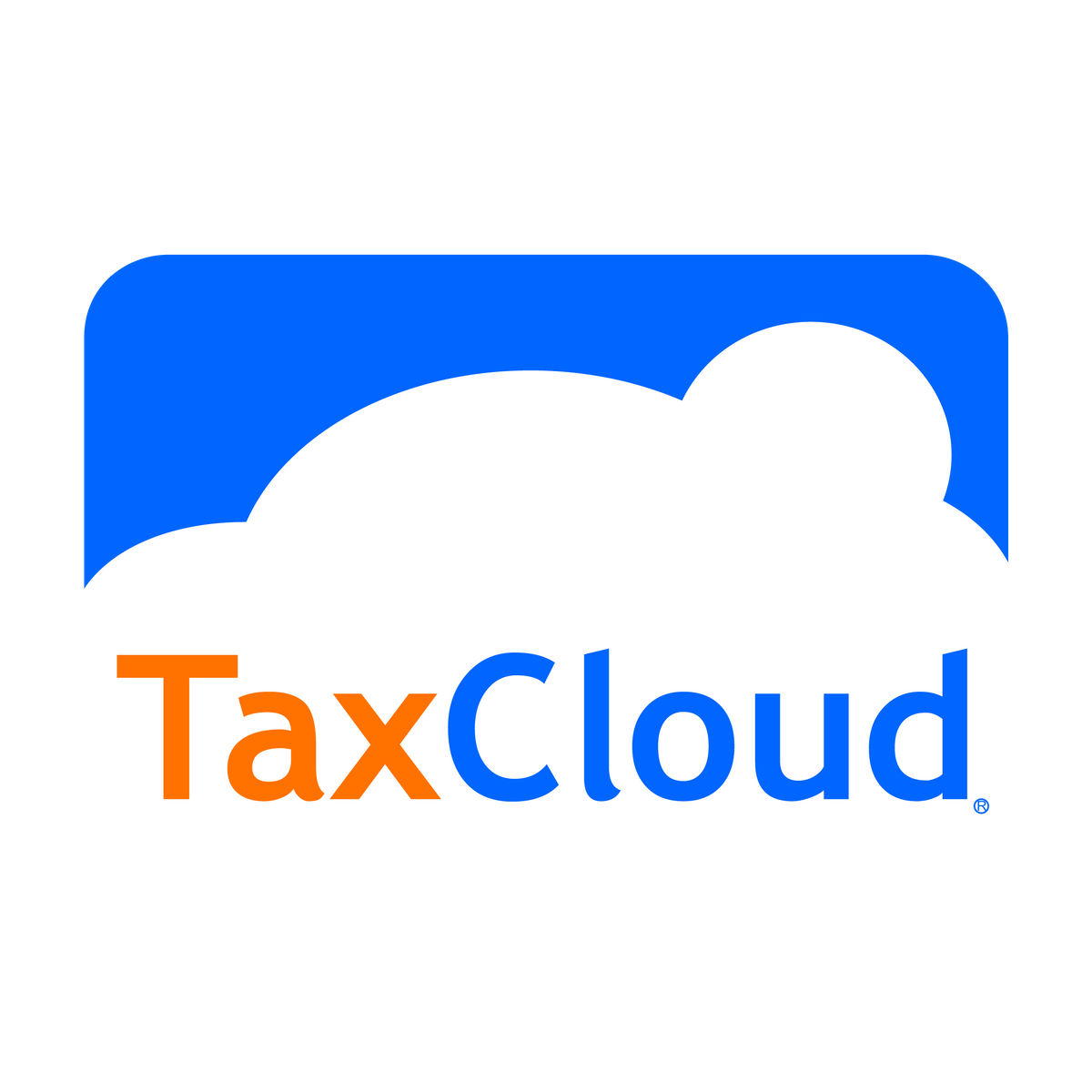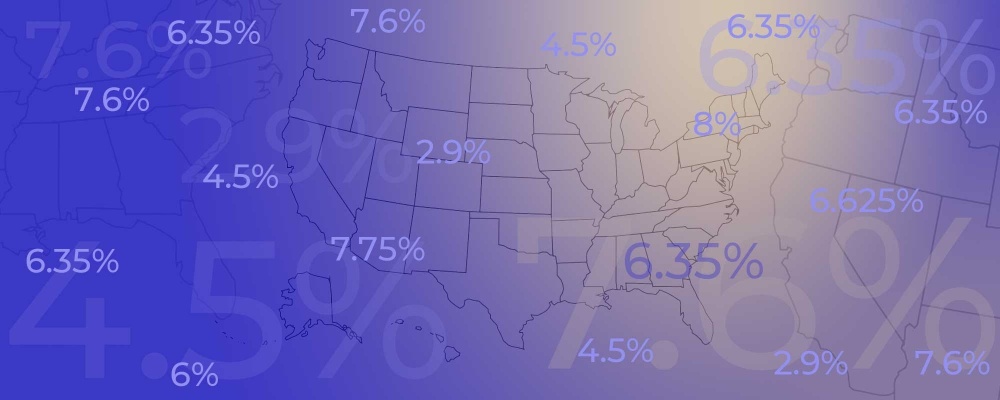Certification: What It Is, How It Works, Why It Matters

Tim Bennett is the Director of Sales and Use Tax for the Kentucky of Revenue since March 1, 2018. Prior to that, he served in various other positions within the Division of Sales and Use Tax from 2005-2018. Overall, he has worked in different areas of the Kentucky Department of Revenue for 33 years beginning in July 1989. He served as the chairperson of the Streamlined Sales Tax Certification Committee from 2013 until June 2022. Tim earned a Bachelor of Business Administration (BBA) from the University of Kentucky in 1988 and a Master of Business Administration (MBA) from the University of Kentucky in 1995.
Tim, thanks for joining us today to examine the certification process in some detail.
Russ: What was your role in the development and deployment of certification?
Tim: I have been on the Certification Committee representing Kentucky since 2006. When I joined, the committee had just recently completed establishing the certification process and had entered contracts with the first group of Certified Service Providers (CSPs). In 2013, I was asked to serve in the capacity of chairperson of the Certification committee and during my time as chairperson we have certified 2 additional CSPs. In that role I get to observe the process of Certification from the point of receiving an application from an interested CSP candidate to the final approval of a contract with the CSP by the Governing Board. The process of approving a CSP is a very detailed process for a good reason. The companies that are approved by the Certification Committee and who enter contracts with the Governing Board need to prove that they can provide full CSP services and that they can do so in an accurate manner.
Russ: What is the role of the Certification Committee and the states in the Certification Process?
Tim: Each Streamlined Sales Tax (SST) state is represented on the Certification committee and must participate in the process of certifying the CSPs. For a new CSP, that means being involved in testing the CSP’s ability to transmit Simplified Electronic Returns (SERS) to each state through their webservice and working with the CSP to review any applicable tax rules contained in the CSP’s tax engine that the CSP needs certified on behalf of their customers. Also, the Certification Process involves reviewing the applicants’ internal controls, security processes and financial capabilities.
Once a CSP is approved or certified, the Certification Committee works to make sure that CSP remains able to provide the CSP services described below to their customers. That includes processes such as reviewing the quarterly test decks to make sure the CSP is still properly handling the taxability of products listed on the SST taxability matrix and monitoring the monthly filings and remittance from the CSPs, as well as participating in the Certification meetings with the CSPs to discuss and resolve any issues that may come up.
Russ: What are the services CSPs must be able to provide to sellers? (registration, tax calculation, return preparation, remittances, record retention – anything else?)
Tim: The CSP must be able to provide all the services listed above and as outlined in the contract each CSP enters with the Streamlined Sales Tax Governing Board. For a CSP-compensated seller, the CSP must provide the software and services necessary to:
- set-up and integrate their tax calculation software with the seller’s system
- calculate the amount of tax due on a transaction at the time of the sale
- generate and file the required sales and use tax returns for each of the states
- make the required remittances to each of the states
- respond to notices and audits; and
- protect the privacy of the seller’s information
In the event an audit is conducted by one or more of the SST states, the CSP essentially serves in place of the taxpayer in dealing with the state(s) in those instances. The business may also enlist the CSP to assist in the SST registration process but that is a decision made by the business.
Russ: How do the states certify that a CSP meets these requirements?
Tim: The Certification Committee, with each state participating in the process, determines if a CSP can register taxpayers, file the SER, and provide required Appendix F information. This is done through the Certification process when the CSP is approved and then on an ongoing basis through processes such as the quarterly test deck process. All the requirements of a CSP are laid out in Appendices A, C, E, F and G of the Streamlined Sales Tax Governing Board Rules, which can be found at the SST website. The Certification Committee also reviews the CSPs at the end of every contract period and then must vote to recommend recertification of each CSP to the Governing Board. If a CSP fails to continue to meet the requirements found in the agreement,then they will not be recommended for recertification.
Russ: The Test Decks seem crucial since accurate return preparation is at the heart of the entire service. How do the test decks work for initial certification? What are all the things the test decks test for? How well does the CSP have to perform on the test decks to get certified?
Tim: They are certainly crucial. The test deck uses the items on the taxability matrix to test to see if the CSP candidate has the correct taxability for all these items. States also use the test deck to make sure the CSP candidate is correctly using the SST rates and boundary databases to return accurate sourcing results based on the addresses provided in the test deck. To get approved, a CSP applicant must return the test deck with a 100% accuracy. Once a CSP has a contract with the SST Governing Board, they must run the test decks every quarter to assure they are still returning an accurate result.
Russ: The ability to file accurate returns timely, while central, is not the only requirement for certification. What else must a CSP be able to demonstrate?
Tim: Again, there are many aspects to Certification in addition to the ability to submit a SER. The CSP candidate must be able to return the accurate result (taxable vs exempt) for all items in the taxability matrix. The CSP must also return the correct tax rate based on the address given to the seller by the purchaser. Also as important are factors such as financial stability, security of data and internal controls. All of these are reviewed as part of the CSP application and recertification processes.
Russ: What benefits stem from certification?
For Taxpayers
Tim: There are many benefits for businesses. First, the states are compensating the CSPs for their services so that reduces the cost to individual businesses. Businesses who use a CSP know they are getting reliable tax results for their sales transactions. If selected for audit, they get the benefit of a single state audit for SST states and of having the CSP handle any potential audit issues. They get the confidence that their returns will be filed and the funds they collected will be remitted in an accurate and timely manner. They also receive relief from liability from states for inaccurate tax calculations for transactions that are handled by the CSP if the business has provided complete and accurate information to the CSP. Without CSPs, businesses would haveto navigate registration, calculating tax, filing returns, and remitting the sales tax with the possibility that they may not do things correctly. Also, they are dealing with one CSP instead ofhaving to deal with 24 individual states.
For States
Tim: States get the same benefits as the businesses that are using CSPs. In addition, the Certification process also allows states to get taxpayers to register and remit sales tax that might otherwise have been hesitant to register and voluntarily collect a state’s sales tax. The CSPs and the states work in partnership together throughout the process to ensure secure, accurate and timely filing of returns and remittance of tax.
For Certified Service Providers: For the certified providers – Being certified by SST allows CSPs to provide a “seal of approval” to any potential customers. While it is certainly possible for other companies to file and remit sales tax to the SST states, it is certainly a benefit to be able to assure potential customers that the CSP’s system has been tested and approved and is doing things in the correct manner.
Russ: What has been the effect on the CSP Certification process because of the US Supreme Court’s Wayfair decision?
Tim: The Wayfair decision elevated the importance of the CSP certification process. The Supreme Court mentioned the importance of SST in their decision and because of the decision there are now many more remote sellers who now meet the state’s requirements to have to collect and remit sales tax across the country. These businesses often don’t have the time, money, or expertise to take on these duties on their own. Having a functional CSP certification process has helped these businesses to be able to meet their new requirements under Wayfair in aneconomical manner and to be assured that their collection responsibilities are being met. They do not have to go it alone.
Note: The certified services provider process was developed for the Streamlined States, but the certified providers file returns for taxpayers in all sales tax states. Pennsylvania also has a contract with certified service providers, and more states are working on certification. For those states where certified service providers do not yet have a contract and are not compensated (by the state) the providers charge clients directly for their services.
